Safe and Harmful Ingredients for Dogs and Cats: A Guide to Healthy Homemade Pet Recipes and Nutritional Advice
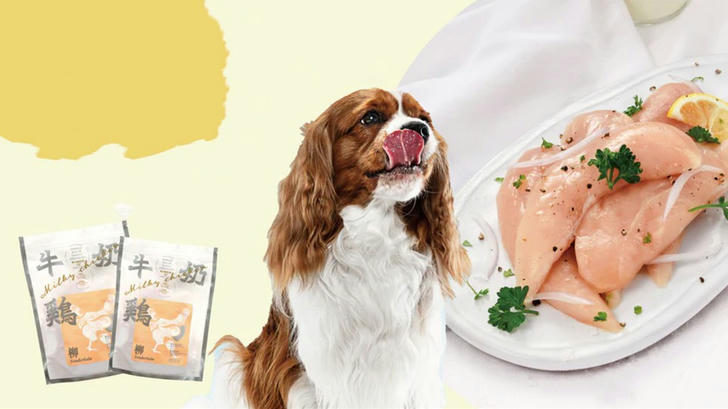
When it comes to feeding our beloved pets, many owners are exploring the option of homemade pet food.Creating healthy homemade pet recipes is a rewarding way to ensure your furry friends receive the best nutrition. However, it’s crucial to understand which ingredients are safe and beneficial for dogs and cats and which can be harmful. This guide will help pet owners make informed choices about their pets’ diets.
Understanding Pet Nutrition
Before diving into specific ingredients, it’s important to understand the nutritional needs of dogs and cats. Dogs are omnivores, meaning they thrive on a balanced diet of meat, grains, vegetables, and fruits. In contrast, cats are obligate carnivores, requiring a diet primarily composed of animal protein. Both pets need a mix of proteins, carbohydrates, fats, vitamins, and minerals for optimal health.
Safe Ingredients for Dogs and Cats
Here are some safe ingredients that can be included in homemade pet food:
Safe Ingredients for Dogs
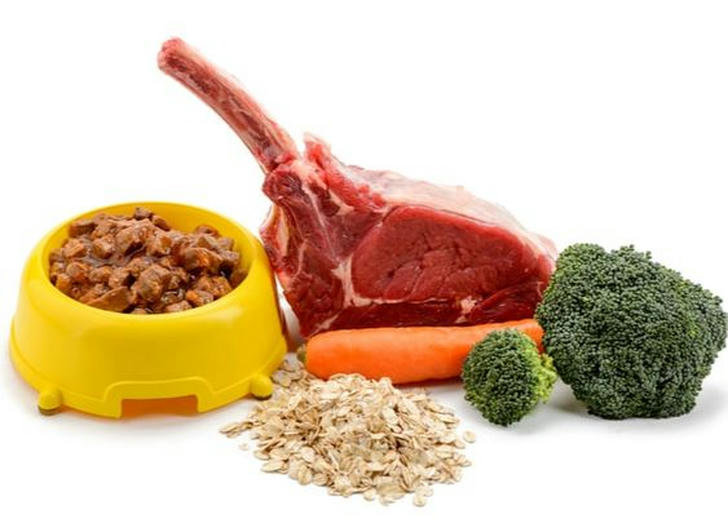
•Lean Meats: Chicken, turkey, and lean cuts of beef or pork provide essential proteins. Ensure that these meats are cooked thoroughly and free from bones, skin, and seasoning.
•Fish: Salmon and sardines are excellent sources of omega-3 fatty acids, promoting healthy skin and a shiny coat. Always cook fish thoroughly and remove any bones.
•Fruits: Apples (without seeds), blueberries, and bananas are nutritious treats for dogs. They provide vitamins and antioxidants. However, avoid citrus fruits, as they can upset a dog’s stomach.
•Vegetables: Carrots, green beans, and sweet potatoes are healthy options. These veggies can be served raw or cooked, offering fiber and essential vitamins.
•Whole Grains: Brown rice and oats can be beneficial as a source of carbohydrates. These grains provide energy and can aid in digestion.
Safe Ingredients for Cats
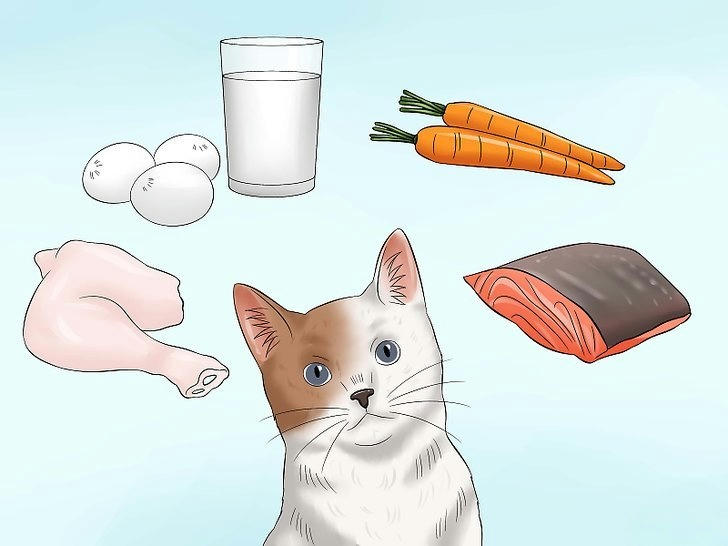
•Meats: Similar to dogs, cats benefit from lean meats like chicken and turkey. Organ meats such as liver can also be included in moderation for their nutrient density.
•Fish: Tuna and salmon are popular among cats, but they should be served in moderation due to their high mercury content. Cooked fish is safer than raw.
•Eggs: Cooked eggs are a great source of protein and essential fatty acids for cats. Ensure they are well-cooked to eliminate the risk of salmonella.
•Vegetables: While cats are primarily carnivores, some can enjoy small amounts of cooked pumpkin or peas, which can aid digestion.
•Catnip: This herb is safe and can stimulate your cat’s senses, providing enjoyment and mental stimulation.
Harmful Ingredients for Dogs and Cats
While many foods are safe for pets, some common ingredients can be harmful or even toxic. Here’s a list of ingredients to avoid:
Harmful Ingredients for Dogs
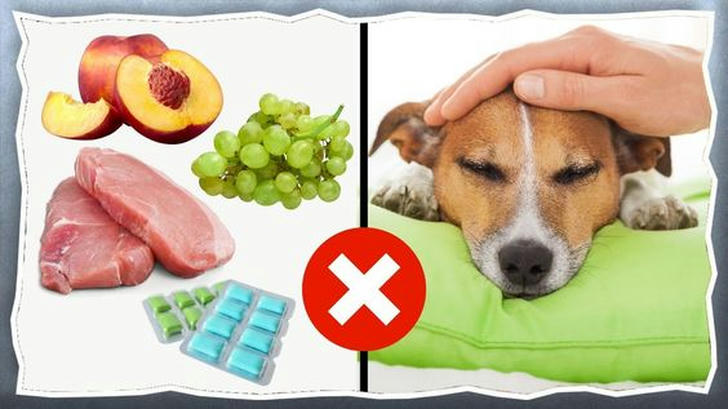
•Chocolate: Even small amounts of chocolate can be toxic to dogs. Theobromine, found in chocolate, can lead to serious health issues.
•Onions and Garlic: These can damage a dog’s red blood cells, leading to anemia. It’s important to avoid any foods containing these ingredients.
•Grapes and Raisins: Even small amounts can cause kidney failure in dogs. It’s best to avoid these fruits entirely.
•Avocado: While safe in small quantities for some animals, avocados contain persin, which can be harmful to dogs.
•Xylitol: This artificial sweetener found in many sugar-free products can cause a rapid drop in blood sugar levels and liver failure in dogs.
Harmful Ingredients for Cats
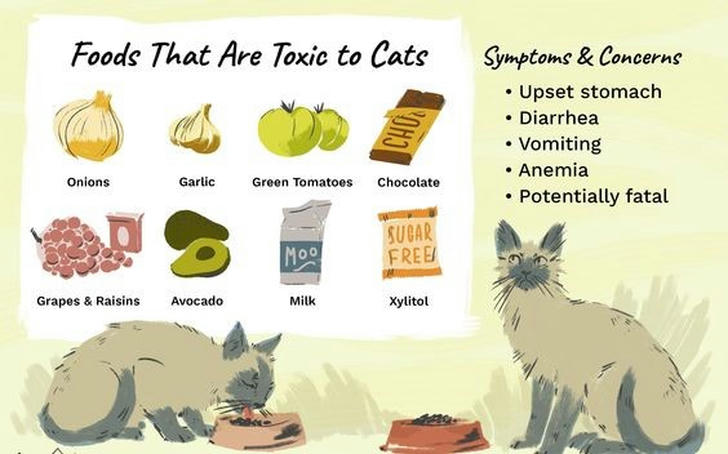
•Onions and Garlic: Just like dogs, these ingredients are harmful to cats and can lead to anemia.
•Chocolate: Cats are also at risk from chocolate poisoning. Symptoms can include vomiting, diarrhea, and increased heart rate.
•Alcohol: Even small amounts can be extremely dangerous for cats, leading to intoxication, seizures, or death.
•Caffeine: Found in coffee and tea, caffeine can be toxic to cats and lead to restlessness, rapid breathing, and heart palpitations.
•Raw Fish: While cooked fish is safe, raw fish can contain harmful bacteria and enzymes that can lead to vitamin B deficiency in cats.
Tips for Preparing Healthy Homemade Pet Food
•Consult a Veterinarian: Before making any changes to your pet’s diet, consult with a veterinarian or a pet nutritionist. They can provide personalized advice based on your pet's health and nutritional needs.
•Balance the Diet: Ensure that meals are balanced. A common mistake is focusing too much on one ingredient group. Incorporate proteins, carbohydrates, fats, and fiber in the right proportions.
•Avoid Processed Foods: Always use fresh, whole ingredients. Processed foods often contain additives and preservatives that can be harmful.
•Introduce New Foods Gradually: If transitioning to a homemade diet, introduce new ingredients gradually to prevent digestive upset.
•Monitor Portion Sizes: Overfeeding can lead to obesity, so be mindful of portion sizes according to your pet’s weight and activity level.
•Consider Nutritional Supplements: Depending on your homemade recipe, you may need to add supplements to ensure your pet receives all necessary vitamins and minerals.
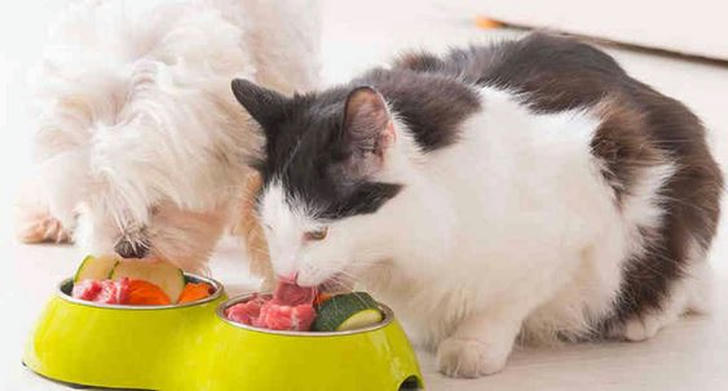
Conclusion
Creating healthy homemade pet food requires careful planning and understanding of safe ingredients. By knowing what foods are beneficial and which ones to avoid, pet owners can ensure their furry friends receive balanced nutrition. Always remember to consult a veterinarian for tailored advice and to monitor your pets for any adverse reactions to new foods. With the right ingredients and preparation methods, homemade pet food can be a delicious and healthy option for dogs and cats alike.
